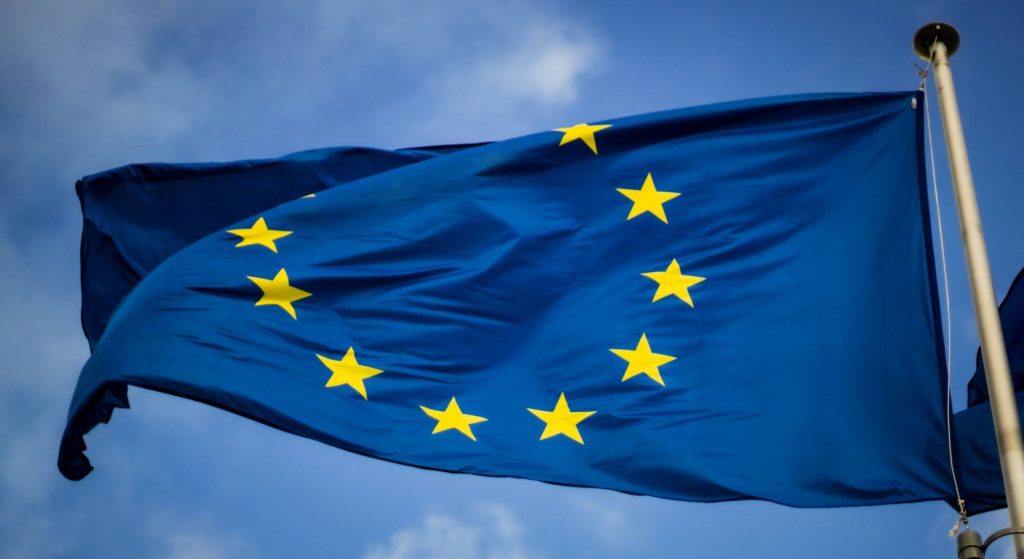Having faced flak for tightrope sustainability regulations from businesses across the region, the European Union has released a watered-down omnibus.
The first ‘Omnibus’ packages cover a far-reaching simplification in sustainable finance reporting, sustainability due diligence, EU Taxonomy, carbon border adjustment mechanism, and European investment programs.
The first series of packages address overlapping rules, simplify sustainability, and EU investment programs. The proposals are expected to save around EUR 6.3 billion in annual administrative costs and mobilize €50 billion for policy priorities.
Changes in Sustainability Reporting (CSRD and EU Taxonomy)
• Remove 80% of companies from CSRD scope, focusing on the largest companies with significant impacts.
• Ensure sustainability reporting requirements on large companies don’t burden smaller companies in their value chains.
• Postpone reporting requirements for companies currently in CSRD until 2028.
• Reduce EU taxonomy reporting obligations to the largest companies, allowing voluntarily reported large companies to continue reporting.
• Introduce reporting on partially aligned activities with the EU Taxonomy to facilitate environmental transition.
• Introduce a financial materiality threshold for taxonomy reporting and reduce reporting templates by around 70%.
• Simplify complex “Do no Significant Harm” (DNSH) criteria for pollution prevention and control.
• Adjust the Green Asset Ratio (GAR) for banks, allowing them to exclude exposures related to undertakings outside the future CSRD scope.
Simplifying due diligence to support responsible business practices
• Simplify sustainability due diligence requirements to avoid unnecessary costs.
• Reduce periodic assessments and monitoring frequency from annual to 5 years.
• Reduce burdens for SMEs and small mid-caps by limiting information requests in value chain mapping.
• Increase harmonisation of due diligence requirements for a level playing field across the EU.
• Remove EU civil liability conditions while preserving victims’ right to full compensation.
• Postpone application of sustainability due diligence requirements for largest companies by one year to July 2028, while advancing guidelines adoption by one year to July 2026.
Changes to CBAM:
• Exempt small importers from CBAM obligations, mainly SMEs and individuals.
• Introduce a new cumulative annual threshold of 50 tonnes per importer, eliminating CBAM obligations for 90% of importers.
• Simplify rules for companies remaining in CBAM scope, including authorization of CBAM declarants and reporting requirements.
• Strengthen rules to avoid circumvention and abuse, making CBAM more effective in the long term.
• Precede future extension of CBAM to other ETS sectors and downstream goods.
They protect SMEs from excessive sustainability information requests from larger companies or financial institutions. For companies with up to 1,000 employees and 50 million turnovers, the Commission will adopt a delegated act to revise existing sustainability reporting standards.
The proposal also introduces a derogation for companies with more than 1,000 employees and a turnover below EUR 450 million by making Taxonomy reporting voluntary. The proposals will benefit both large companies and their value chain partners, including SMEs and small midcap companies.
“By bringing our competitiveness and climate goals together, we are creating the conditions for EU businesses to thrive, attract investment, achieve our shared goals—such as the European Green Deal objectives—and unlock our full economic potential,” the EU said.
The SME thrust:
The Commission has a clear target to deliver an unprecedented simplification effort by achieving at least a 25% reduction in administrative burdens and at least 35% for SMEs until the end of this mandate.
President Ursula von der Leyen said: “Simplification promised, simplification delivered! We are presenting our first proposal for far-reaching simplification. EU companies will benefit from streamlined rules on sustainable finance reporting, sustainability due diligence, and taxonomy. This will make life easier for our businesses while ensuring we stay firmly on course toward our decarbonization goals. And more simplification is on the way.”
Unlocking investment opportunities:
• Simplifying and optimizing use of InvestEU, EFSI, and legacy financial instruments.
• InvestEU, the EU’s largest risk-sharing instrument, supports priority investments.
• Addresses financial barriers and drives investments for competitiveness, research, innovation, decarbonization, environmental sustainability, and skills.
• 45% of operations support climate objectives.
The draft Delegated Act amending the current delegated acts under the Taxonomy Regulation will be adopted after public feedback and will apply at the end of the scrutiny period by the European Parliament and the Council.











